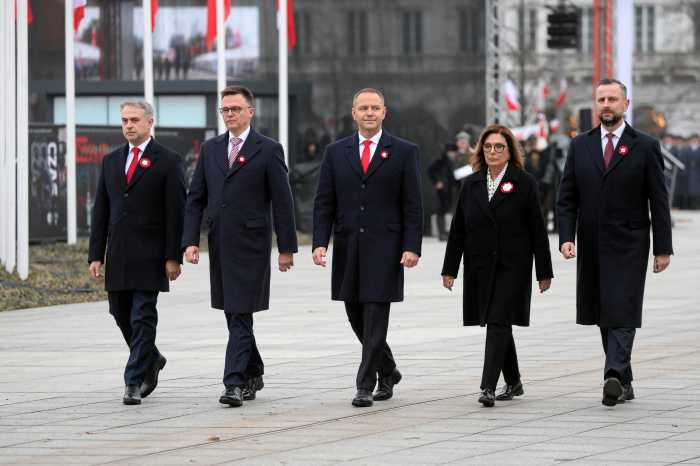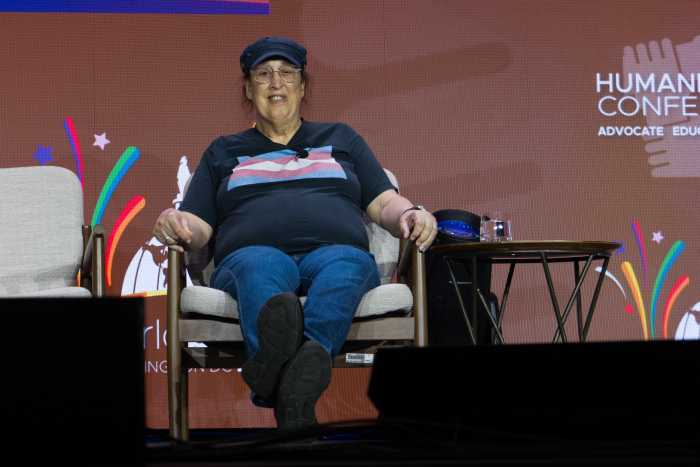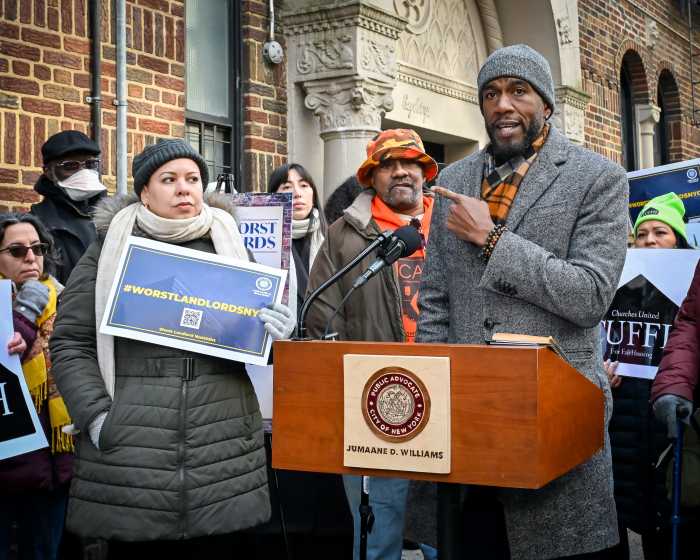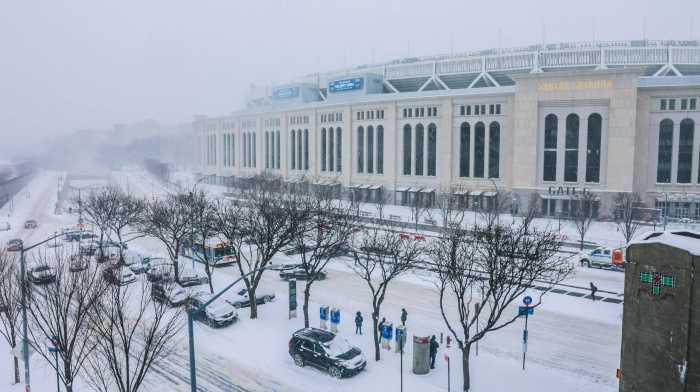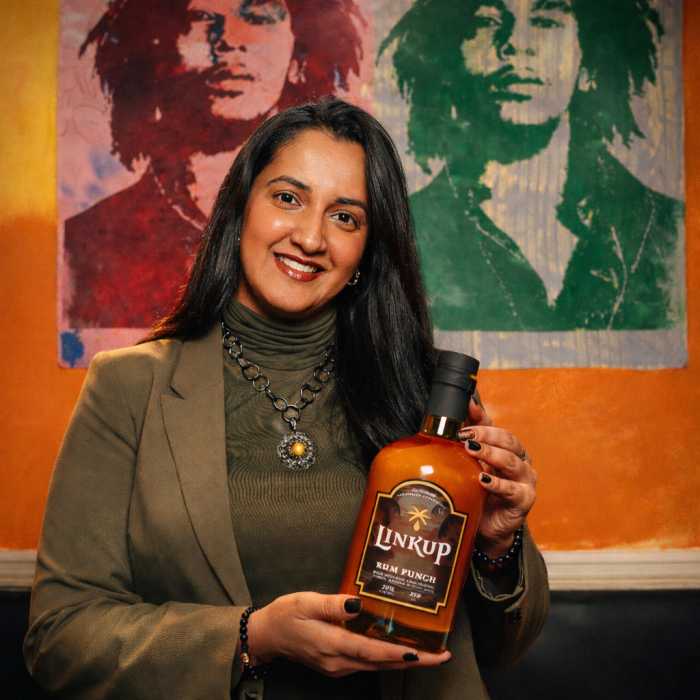BY DOUG IRELAND | A vicious and violent police attack on Monday, four transgendered youth in El Salvador, which hospitalized one of them with serious injuries, is only the latest in an unending wave of violent attacks that continues to inundate the Central American nation's LGBT community.
“It is almost impossible to describe all the physical attacks on gay people here-both by police and by anti-gay vigilantes and homophobic thugs-because there are so many,” said William Hernandez, the head of the country's national gay group, Entre Amigos (Among Friends). As the spokesman for Entre Amigos and the most visible gay person in El Salvador, Hernandez is himself the target of constant death threats.
“Every day brings not only abuse and harassment, but killings and beatings-this year alone four LGBT people have been killed, with the kind of excessive force that we have not seen since the civil war here,” Hernandez told Gay City News.
El Salvador's civil war lasted for 12 years, from 1980 until '92, and claimed the lives of approximately 75,000 people. In the last eight years, said Hernandez, “45 gay or bisexual men have been murdered especially transsexual and transgendered people and transvestites, who pay the price for the entire gay community because they are so visible.”
“To make things even worse,” added Hernandez, “it is almost impossible to report these attacks to the authorities-and even if one does report these anti-gay attacks, the police and the justice system refuse to write them down, so there is no record of the complaint and no investigation.”
In this week's incident in the nation's capital of San Salvador, Hernandez said, “three detectives of the PNC [the national police] insulted and brutally beat up four transgendered youths. The detectives called for reinforcements, and just to arrest one of the young men it took 10 police cars and 18 policemen, who joined in beating the youth so badly he wound up in a local hospital-a typical example of the excessive force police use when targeting gay people.”
When the other three victims of the police assault decided to press charges with the help of Entre Amigos, Hernandez said, “they were made to stand in line for five hours at the police station-only to be met with a refusal to take down their complaint. We then went to the unit that is supposed to investigate police abuses to file our complaint-only to be told that the police were very offended by our decision to press charges, and that instead of taking the complaint against the police, we were told that charges would be filed against the victims of the police abuse. Finally, at two in the morning, we were obliged to go to the national prosecutor's office to file a complaint.”
The headquarters of Entre Amigos in San Salvador has been the target of repeated break-ins and attacks, “some of which have involved members of the national police and other local government agents,” Hernandez said. Nothing of material value is taken in these break-ins, he added, “only papers, reports, photograph albums, educational videos, and DVDs, and lists of people who participate in our urban outreach activities have been taken.”
The attacks on Entre Amigos and on gay people are highly organized, Michael Heflin, director of OUTfront, the Amnesty International USA (AIUSA) program on LGBT human rights, told Gay City News, adding that “Hernandez had been threatened at gunpoint and, over the last five years, the organization's office has been raided seven times. In spite of the organization reporting these raids, investigations have been superficial and no one has been brought to justice.”
The anti-gay attacks have considerably stepped up since this summer, when Entre Amigos began a campaign to oppose proposed bans on gay marriage and on adoption by gay people.
“The proposed laws were introduced by Roberto Parker, an ultra-homophobic congressman with the Christian Democratic Party, with the support of the ruling ARENA party and the National Conciliation party,” said Hernandez. “We believe that Parker is one of the instigators of the increased harassment and bears large responsibility for it. In fact, one of the death threats I received said, 'Stop making problems for the General Assembly of Congress, because before you get married to another man, we are going to kill you all.'”
Hernandez also blames the heightened homophobic rhetoric of religious leaders for encouraging anti-gay violence.
“The bishop of El Salvador, Monsignor Saenz Lacalle-who is a member of Opus Dei [the ultra-conservative secret society within the Catholic Church]-constantly refers to gay people as 'sick' and 'perverted,''' according to Hernandez, “and the Catholic humanitarian agency Caritas, which in particular helps the homeless, has energetically said that the Church will not help anyone who is homosexual. The leader of a large Protestant fundamentalist denomination, Brother Tobi of the Friends of Israel Church, calls us 'dirt' and 'garbage,' and says that parents should throw their gay children out of the house because otherwise 'God will cause them misery.' Brother Tobi has also said that gay bashings should not be reported to the authorities, because he says that 'God is working against the gay person.' Sister Regina de Cardinal, director of the Anti-Abortion Club, is another leading homophobe.”
Another source of anti-gay violence and murders are gangs composed of English-speaking youths of Salvadoran origin, according to Daniel Soto of Indiana University, a gay Amnesty International activist who works closely with Central American LGBT groups.
“These gangs,” Soto told Gay City News, “are composed of younger people who, as the children of immigrants, grew up in the United States, but have been expelled, because of criminal activity, back to their country of origin, not just El Salvador but also other Central American countries.
Speaking little or no Spanish, once back in El Salvador and the other countries, they have formed English-speaking gangs.”
In order to be a recognized gang member, one must “make his bones,” to borrow a Mafia expression, by killing someone, and, Soto said, “it's easier and safer to kill a gay person because these gang-bangers know that the police will not bother to investigate or prosecute killings of gays. That's why these English-speaking gangs target gay people.”
There are a few gay-friendly politicians.
“We have the support of the first woman ever elected mayor of San Salvador, Dr. Violeta Mengibar, and of some members of the left-wing party, the Farabundo Martin para la Liberacion National (FMLN),” said Hernandez, but they are a distinct minority among the political classes.”
Hernandez related, “I'm gay/bisexual, and I realized that when I was 24, after years of sexual abuse by a priest in the Catholic Church named Father Luis Recinos Lopez. I came out in public when I was giving an interview to the local TV station, it wasn't premeditated, I hardly realized what I was doing. My daughters and their mother have been accepting, and my parents are very supportive of my work and participate in the activities of Entre Amigos.”
Hernandez said he became a gay activist “when I realized that my partner of 14 years was HIV-positive because there were so many lies around the disease, so I decided to educate to prevent the spread of HIV/AIDS and the phobia that goes with it.”
AIDS “is a terrible situation in our country,” Hernandez said, “and while official figures say that 17 percent of our population is infected with HIV, Entre Amigos [which works to stay on top of the HIV situation among gay men] has information suggesting that as much as 60 percent of our people have been infected.”
Because of the threats to his life, Hernandez has been selected for recognition this year by Amnesty International as one of 25 people on the 2006 list for Amnesty's Greetings Cards Campaign, which encourages people to send messages of hope and solidarity to people around the world facing persecution, torture, and other human rights abuses.
“Sending a card is a simple yet effective way of offering a great sense of hope and solidarity to William and his colleagues, and it also sends a message to the authorities in El Salvador that people around the world care about the staff at this organization,” Amnesty has said.
Asked what message he wanted to send to North Americans, Hernandez told Gay City News that Entre Amigos “needs financial help so we can do more research and denounce these anti-gay abuses, we need volunteers who speak both languages-English and Spanish-to come and work with us in documenting human rights violations, we need you and everyone to work together with us for a better El Salvador.”
Anyone wishing to send a Christmas Card to Hernandez, as Amnesty suggests, or who wishes to help, can contact:
Asociacion Entre Amigos
Calle a San Antonio Abad
Lote 2, Casa 2562, Colonia las Rosas
San Salvador El Salvador, Centro America
Telephone: 503-2257-4930, 503-2257-493, or 503-2257-4932
Cell: 503-7702-8104
E-mail: entreamigos@integra.com.sv.
Daniel Soto provided translation assistance for this article.

